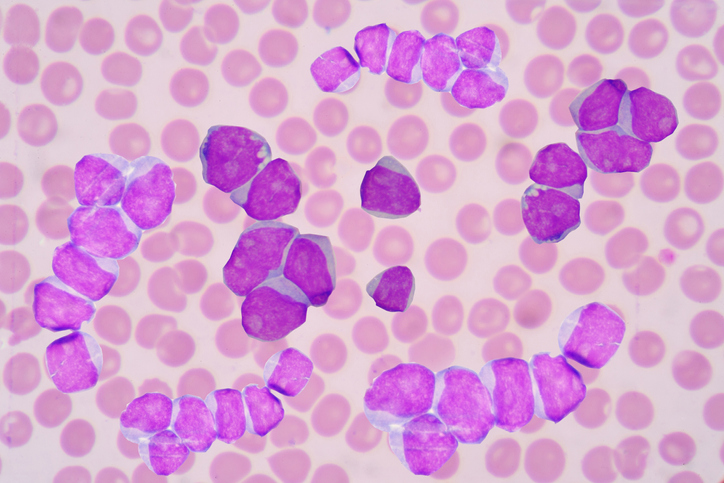Recent findings from Lund University have shed light on a previously elusive mechanism of immune evasion in acute myeloid leukemia (AML), a cancer that has proven resistant to many immunotherapeutic approaches. Researchers identified SLAMF6, a surface protein that acts as an immune-suppressive shield on AML cells, facilitating their ability to evade T cell attacks. By engineering an antibody to block SLAMF6, the study demonstrated a restoration of T cell activity against leukemia cells in both in vitro and humanized mouse models.
This discovery highlights the potential for targeted therapies that could selectively attack leukemia cells without harming healthy blood stem cells. The identification of SLAMF6 as a targetable antigen, present in approximately 60% of AML cases, opens new avenues for immunotherapy. However, the translation of these findings into clinical applications is complex, necessitating further research and validation to ensure safety and efficacy in human patients.
As the researchers pursue clinical trials through their spin-off, Lead Biologics, the implications of this work could significantly impact treatment strategies for AML, a patient population in dire need of innovative therapies. Continued exploration of SLAMF6 and its role in immune evasion may ultimately enhance the effectiveness of immunotherapy in this challenging cancer landscape.
Start your 7-day trial and see what the database can do →



